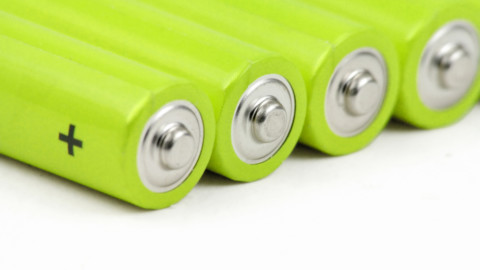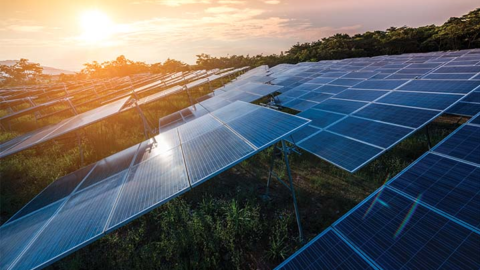Silicon Valley was recently abuzz with the completion of the first of three modules in the Free Electrons Accelerator Program. The program saw 12 innovative energy start-ups joined by eight leading global utilities and the program accelerators to commence a journey to jump-start their company’s clean energy future.
Hosted from April 30 to May 6, module one immersed the eight leading global utilities and start-ups in the world’s leading clean tech innovation ecosystem, connecting the new businesses to the epicentre of technology innovation and investors.
AusNet Services was among the eight global utilities represented in the program, with Mark Judd, Manager Community Energy, and Dominic Toffolon, Energy Solutions Engineer representing the utility in San Francisco.
Mr Judd said the first module at Free Electrons offered an invaluable opportunity to collaborate and exchange knowledge between the start-ups and global utilities. He added that the insights garnered will help shape and inform AusNet Services’ future role in the renewable energy future.
“These forums are vital to the advancement of energy across the globe. Our involvement in this open innovation environment will assist the AusNet Services Commercial Energy Services team to better navigate the rapid change facing our industry from a network operations and commercial product and services perspective.”
The module concluded with the 12 start-ups pitching impressive presentations that offered high-calibre innovations and pilot programs, such as:
- DepSys (Switzerland) unveiled a real-time control platform for the management of low-voltage networks to effectively master the impact of distributed generation and to limit its disruptive effects
- Driivz (Israel) has developed a world-class intelligent software engine to support EV charging
- OhmConnect (USA) has developed a residential demand-management solution with a very clever customer engagement model involving gamification
A panel discussion featuring the eight partner utilities with a focus on the future of global renewable energy was a clear highlight of module one. The panel session featured areas of intense discussion centred on blockchain technology, the monetisation of data, future business models for grid-less utilities, and methods of introducing new products and services.
A group visit to the Stanford University Linear Accelerator Facility (SLAC) was another highlight. SLAC is celebrated for its fundamental particle research, and interestingly, its leading energy research program.
The visit provided insight into the future of network data acquisition and integrated LV network modelling in the greater context of Distributed Service Operations (DSO).
AusNet Services’ global energy renewable journey will continue as the team attend the second Free Electrons module in Lisbon, Portugal, which will conclude with a pitch event in Dublin, exposing the start-ups to Europe’s growing utility market.
This partner content is brought to you by AusNet Services. For more information, visit www.ausnetservices.com.au

















